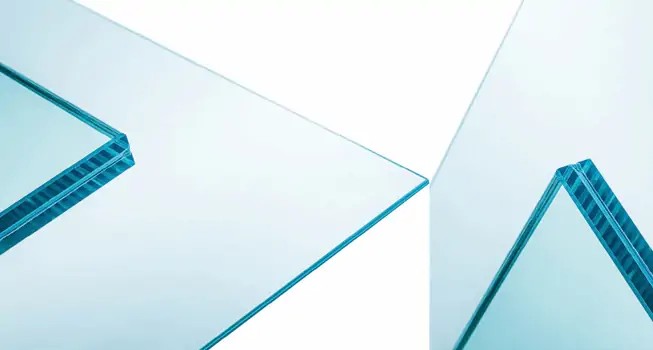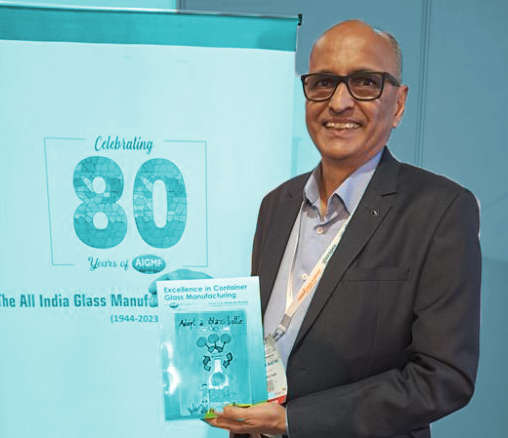Transforming Industries with Thin Glass: RCN Solutions Leads the Way
RCN Solutions Leads the Charge in Construction Innovation with Thin Glass. In recent years, the glass industry has shifted focus toward producing thinner glass in larger plates.
This trend aligns with the growing demand for lighter, more efficient materials across various industries, including construction, nautical, and aeronautical sectors.
As a result, glass manufacturers are now producing glass as thin as 0.5 to 0.7 millimeters. To support this, machinery manufacturers are responding by offering specialized equipment capable of processing these delicate sheets.
But what makes thin glass so valuable?
- Thin glass offers significant advantages, most notably in weight reduction. This is crucial not just for flooring but also for industries like nautical and aeronautical, where minimizing load is vital for performance and safety. In fact, reducing weight without sacrificing strength has become a key design goal in these fields.
- Beyond its weight benefits, thin glass plays a significant role in improving energy efficiency. Studies on double glazing have shown that incorporating a thin glass layer inside an insulating glass unit significantly lowers thermal conductivity. Essentially, it acts like an internal wall, helping to maintain temperature control in buildings.
However, these benefits come with their own set of challenges.
- While thin glass is desirable for its lightness and insulation properties, it is also much more fragile than traditional glass. To ensure its safety and reliability, manufacturers must use advanced technology to process it. RCN Solutions provides kilns designed specifically for manufacturing safety glass, helping companies ensure the integrity of thin glass products.
- To enhance the strength of such delicate glass, chemical tempering is essential. This process involves an ionic exchange between sodium ions in the glass and potassium salts in the tempering tank, making the glass more robust while maintaining perfect optical clarity. This technique is particularly effective for ultra-thin glass, even those as thin as 3 millimeters, granting it both flatness and resistance to flexure.

In conclusion, RCN Solutions continues to lead the way in making thin glass a practical and safe material for modern construction and other specialized industries.
Read more here.
OTHER ARTICLES

September 17, 2025
Indian Glass Expert Releases Key Container Glass Manufacturing Guide
A Comprehensive Resource for the Glass Industry Released by Ashoka Rao Manikala
Read More

April 08, 2025
Transforming Industries with Thin Glass: RCN Solutions Leads the Way
RCN Solutions Leads the Charge in Construction Innovation with Thin Glass. In recent years, the glass industry has shifted focus toward producing thinner glass in larger plates.
Read More

